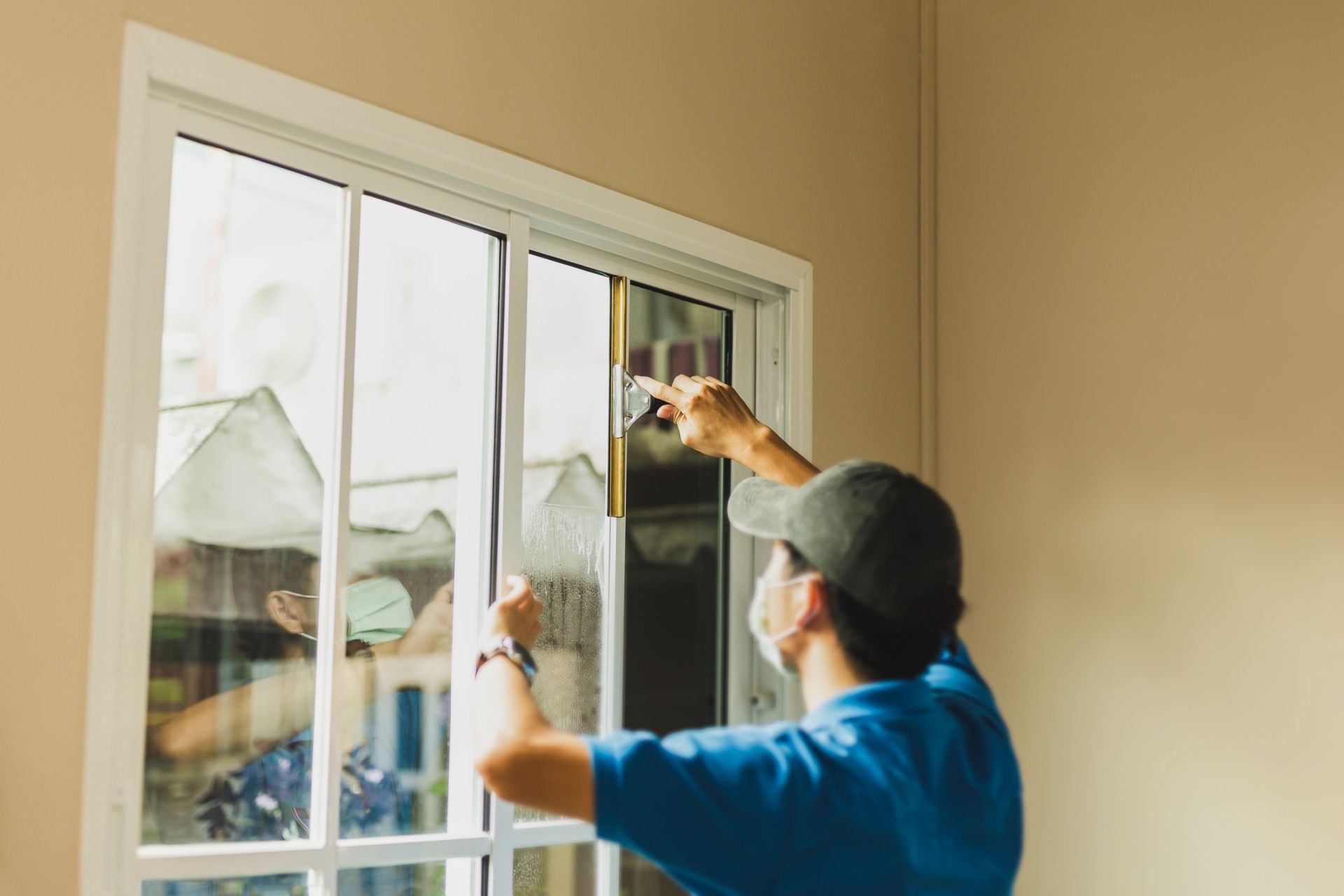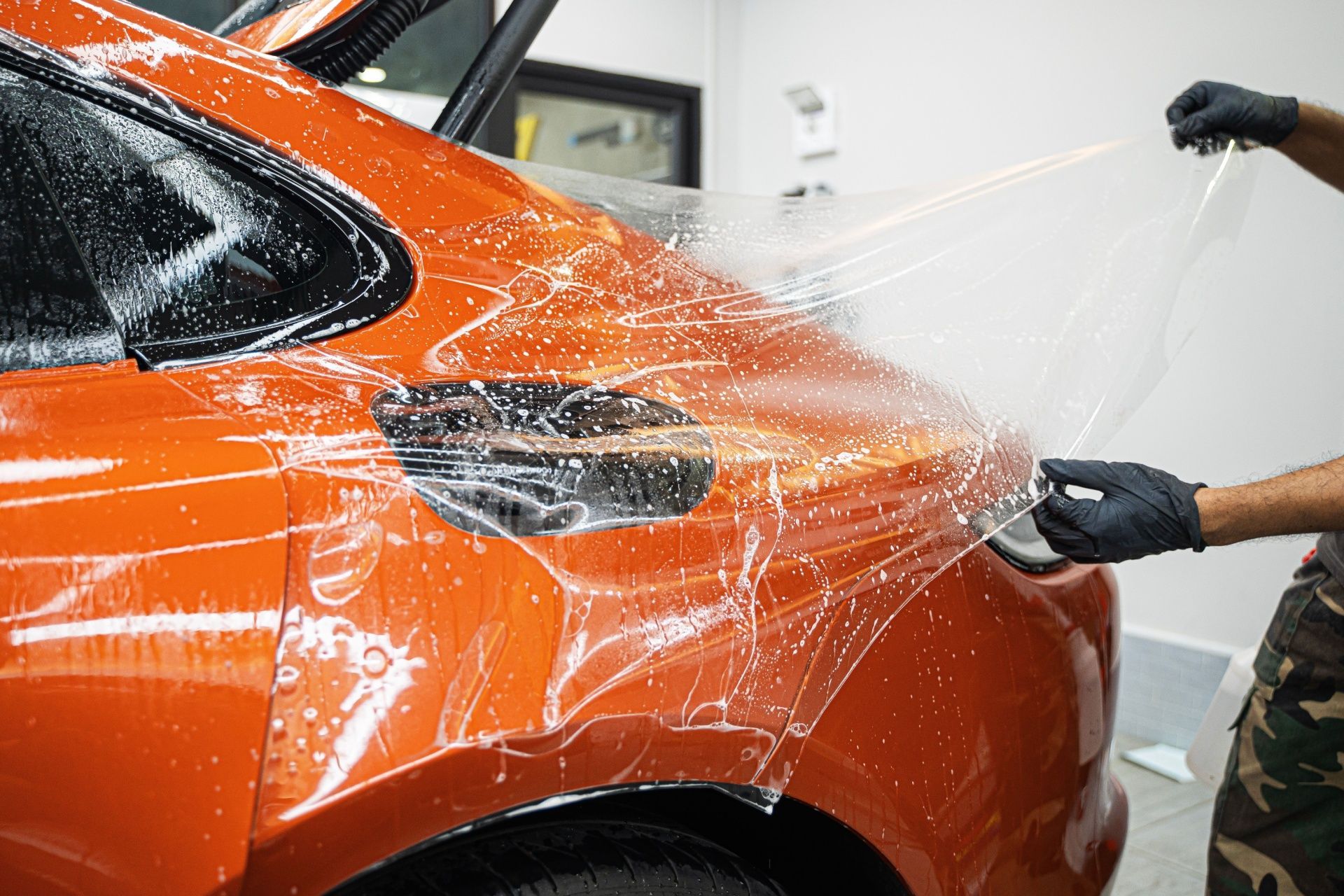Residential Window Tinting: Let’s Talk About Saving, and Conserving Energy
Can window tinting save the world? Well, let’s not get crazy, but a good argument can be made that residential window tinting film can help you conserve energy, which may ultimately help the planet. Conserving energy may only have a small positive impact on your overall carbon footprint, every little bit counts.
We all know that windows in the home are the places where heat escapes most freely in the winter, and cool air escapes in the summer. Indeed, home windows are most vulnerable to the elements. Residential window tinting film can help reduce that vulnerability. Our specialists at Calgary’s premier window tinting shop, Tint Tech, can provide you with all the latest information you need to know on what residential window film could work for you.
Given the most recent developments in the world of climate science, we will take a moment to delve into the newest in window film technology, which may actually help save energy in the long run. Again, while putting insulating window tint on your windows may only save a little energy for one home, imagine the impact it could have on the environment if every homeowner conserved energy by taking advantage of the latest in window film technology.
Recent United Nations Report – We May Need to Save Energy Sooner and Smarter
The topic of climate change has recently hit the news in a major way recently. A landmark report from a United Nations scientific panel indicates that we, as a planet, must move a lot faster to preserve our environment. Specifically, the Intergovernmental Panel on Climate Change reports that if we do not change our emissions patterns, then we could have major food shortages, wildfires, and elimination of coral reefs as soon as 2040 – a little over 20 years from now.
The report was written and edited by 91 scientists from 40 countries who analyzed more than 6,000 scientific studies. It essentially states that we need to reverse emissions trends and turn the world economy around right away. The report recommends that coal as an electricity source would need to drop by 40% by 2050, and renewable energy, such as wind and solar, would need to increase by about 67%.
In sum, the picture is dire for the future of the planet without immediate action. In order to avoid higher overall temperatures and more violent weather, the world needs to take notice and take action.
What Part Does Residential Window Tinting Play in Reversing Climate Change?
Of course, there are myriad ways in which all countries need to change their energy and transportation habits to have a shot at addressing the growing climate crisis. Renewable sources of energy like wind and solar are important ways in which to create energy with little or no carbon emissions. Another approach to incorporate, however, is to harness the energy we already have.
That is where residential window tint comes into play. Any opportunity to save energy, no matter how small, can make a difference. Further, the technology for window tinting film has become so advanced that energy savings has become a primary driver of customers’ demand for residential window tint. In fact, the premium, higher-priced window tint treatments are popular because they provide better energy savings. Here are a few examples.
- Infrared Rejecting & TSER Window Films
The heat, or solar energy, that might come through a residential window has several components:
- Infrared Rays,
- Visible Light, and
- Ultraviolet Light.
All three make up what is called “total solar energy” or TSER. Specifically, infrared rays make up about 53% of the solar energy; visible light, 44%; and ultraviolet light, 3%.
While most window tinting film eliminates virtually all ultraviolet rays, newer window films now eliminate the heat from infrared rays as well. In addition, some films are designed to block heat from all three types of sunlight rays. That window film is called TSER window film.
Just because TSER window film blocks out all types of rays does not necessarily mean that it is better than window film that blocks only infrared light. Depending on the quality, some infrared rejecting window film could block more heat than a TSER film. It all depends on the measure of visible light transmission, or VLT.
- Low-E or “Four Season” Films
Intelligent low-e window film technology is the newest in residential window film , made for regions that experience all four seasons. For years, low-e film was used in places with extreme temperatures. Yet, now it is used in places with moderate weather patterns. The purpose of the film is to keep the winter heat in, and the summer heat out.
These state-of-the-art films couple insulating properties with heat-rejecting properties to maintain a comfortable indoor environment and save on energy bills all year round. “Low-e” stands for low emissivity, but you can think of the “e” as energy, because using the film results in saving tons of energy in trying to keep you home cool in the summer and warm in the winter.
In fact, the energy savings from low-e residential window film could be a smart and less expensive alternative to replacing your windows entirely.
Conclusion
When it comes to dealing with climate change, and reducing emissions, everyone can play a part. It only takes everyone making small changes in our own lives to make a huge difference the overall impact on the planet. The way to begin to contribute is to conserve the energy in your own home by installing residential window tinting film on your windows.
Remember, getting residential window film installed does not mean that you have to have dark-tinted windows. The demand is so strong for insulating, infrared rejecting, TSER, or Low-e window film for the sole purpose of conserving energy that consumers have a marvelous choice of options – ranging from clear window film to reflective, almost opaque window film.
If you want to join the many people taking advantage of the energy savings that comes with residential window film, and do your part for the environment, call Tint Tech, Calgary’s window tinting specialists , today. Our expert tinting consultants can give you all the information you need to know to make sure that you get the residential window tint that works for your budget. Call 403-968-8468 today.
Disclaimer: The information on this website and blog is for general informational purposes only and is not professional advice. We make no guarantees of accuracy or completeness. We disclaim all liability for errors, omissions, or reliance on this content. Always consult a qualified professional for specific guidance.




